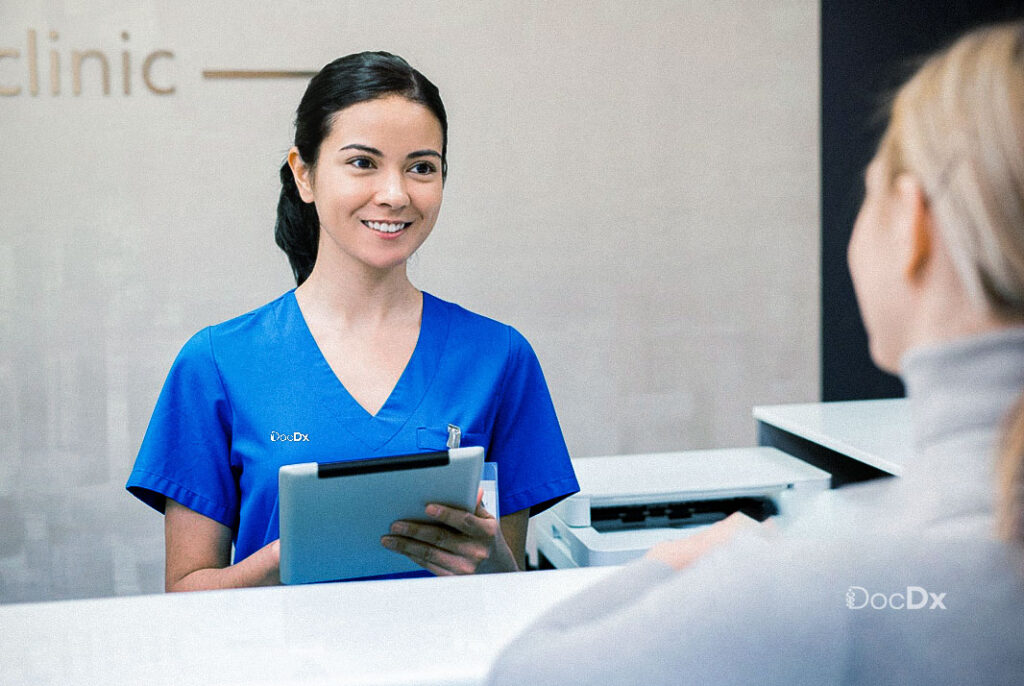Taking charge of your health starts with preventive care, and health screenings are an essential part of this journey. Visiting a local medical clinic for comprehensive health screenings can help detect potential health issues early, ensuring timely intervention and peace of mind.
In this blog, we’ll explore what happens during a health screening, the benefits of visiting a local medical clinic, and how these visits can be a cornerstone of your long-term wellness plan.
What Are Health Screenings?
Health screenings are medical tests or evaluations designed to check for specific diseases or conditions, often before symptoms appear. They help:
- Identify risks early to prevent serious complications.
- Track changes in your health over time.
- Empower you with knowledge to make informed health decisions.
Screenings vary based on your age, gender, medical history, and lifestyle.
Why Visit a Local Medical Clinic for Health Screenings?
Local medical clinics are convenient and trusted community resources for preventive care. Here’s why they’re ideal for health screenings:
- Accessibility: Clinics are often closer to home, saving time and travel costs.
- Personalized Care: Providers understand the unique health needs of their local population.
- Affordability: Many clinics offer cost-effective or sliding-scale pricing options.
- Comprehensive Services: They provide a wide range of screenings, from routine blood work to specialized tests.
By visiting a local medical clinic, you receive professional care tailored to your needs while supporting your community healthcare system.
Comprehensive Health Screenings at Medical Clinics: What to Expect
When you schedule a health screening, here’s what you can anticipate:
1. Pre-Appointment Preparation
Your clinic may ask for details like:
- Medical history (personal and family).
- Current medications or supplements.
- Lifestyle habits (diet, exercise, smoking, etc.).
Pro Tip: Bring any relevant documents, such as vaccination records or previous test results.
2. Check-In and Initial Assessment
Upon arrival, you’ll likely go through:
- Paperwork: Fill out forms about your health history and current concerns.
- Vitals Check: A nurse or technician may measure your blood pressure, heart rate, height, and weight.
3. Screening Tests Based on Your Needs
General Screenings
- Blood pressure and cholesterol levels.
- Blood sugar for diabetes detection.
- Body mass index (BMI) to assess weight-related risks.
Age-Related Screenings
- Women: Pap smears, mammograms, and bone density tests.
- Men: Prostate-specific antigen (PSA) tests and testosterone levels.
- Both: Colonoscopies and skin cancer checks.
Lifestyle-Specific Screenings
- Tests for sexually transmitted infections (STIs).
- Lung function tests for smokers or those with respiratory symptoms.
4. Discussion with Your Provider
After the screenings, your provider will:
- Review the results.
- Explain any findings or concerns.
- Recommend lifestyle changes, treatments, or follow-ups if necessary.
5. Follow-Up Care
If additional tests or treatments are needed, the clinic will guide you through next steps. Many clinics also offer referrals to specialists when required.
Benefits of Visiting a Local Medical Clinic for Screenings
1. Early Detection Saves Lives
Health screenings help catch conditions like high blood pressure, diabetes, or cancer in their early stages when they are easier to treat.
Example: Detecting prediabetes allows for lifestyle adjustments to prevent full-blown diabetes.
2. Personalized Care and Guidance
Local clinics offer a personal touch, with providers who take the time to understand your unique health needs and goals.
Why It Matters: You get actionable advice tailored to your lifestyle and health history.
3. Cost-Effective and Convenient
Many local clinics accept insurance or offer affordable payment options, ensuring accessibility for all.
Added Bonus: Shorter wait times compared to larger hospitals.
4. Building a Trusted Relationship
Frequent visits to your local clinic foster a relationship with healthcare providers who know your medical history and preferences.
Pro Tip: This relationship can make discussing sensitive topics or long-term care plans more comfortable.
Tips for a Successful Health Screening Visit
- Be Honest: Share accurate details about your health habits and symptoms.
- Ask Questions: Don’t hesitate to clarify results or ask for additional information.
- Schedule Regularly: Make screenings part of your routine to stay proactive about your health.
- Follow Up: Act on recommendations, whether it’s scheduling additional tests or making lifestyle changes.
The Role of Comprehensive Health Screenings in Long-Term Wellness
Regular screenings are the cornerstone of preventive care. They allow you to:
- Monitor chronic conditions effectively.
- Identify and address risk factors early.
- Make informed decisions about your health journey.
By taking advantage of comprehensive health screenings at medical clinics, you’re investing in your future well-being.
Conclusion
Health screenings at medical clinics offer an invaluable opportunity to stay proactive about your health. From early detection of conditions to building a trusted relationship with your local healthcare provider, the benefits of visiting a local medical clinic are undeniable.
Take charge of your health today by scheduling a screening at your nearest clinic. With professional guidance and personalized care, you can achieve better health outcomes and peace of mind.




